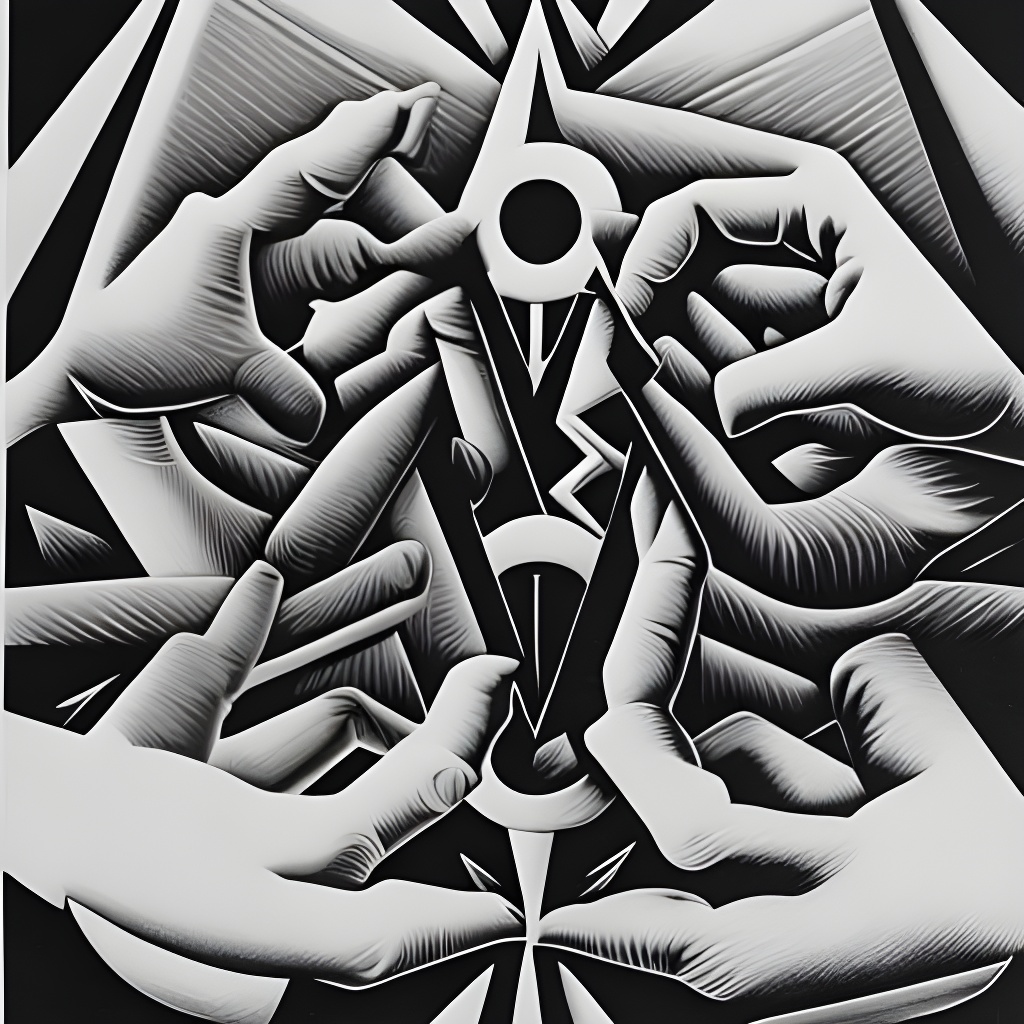1.3 Plagiarism
Perhaps you are working on writing a paper for a class and are on a serious deadline, plus you have to study for two midterms, and you have caught a cold, so are not feeling your best. While working on the paper, you decide you can save time writing by cutting and pasting large parts of supporting text from a rather obscure website (it was, after all, three pages into a web search.) You reason that the passages you cut-and-paste are quite appropriate to what you are trying to convey, and that it would be rather difficult to improve on what the author already wrote. Being rushed for time, you also "forget to quote" and/or properly cite the material you pasted into the paper. Upon grading the paper, the instructor catches your shortcut and has a meeting with you about this problem. You are informed by the instructor that this kind of shortcutting is called plagiarism and that you are going to receive an F for the course and a mark on your school record. You realize that this is rather problematic, and could even impact your ability to receive student loans. Then, you think that this seems rather harsh for such a minor infraction. Equally, you wonder, why would the penalty for copying answers on a test be met with equally harsh consequences? (Do some pullout work here on ethics spotting. Why do you think that there are ethical issues with copying work? Does it cause harm?)

There are a few fundamental problems that emerge from plagiarism
- First, there is a knowledge problem, in that you do not create your own way of understanding and stating the idea. For example, if cut-and-paste was ok, then pretty much every paper seen by your instructor would be various copies of the same Wikipedia entry. This is not good, because it would drive your instructors crazy trying to grade such similar material, and, well, someone had to write the Wikipedia page in the first place, so there had to be original authorship somewhere along the line.
- Second, there is a problem of taking credit for someone else's work and,
- Third, the problem of not being able to trace information or data back to its proper source. That is, by not providing a proper citation to the work you copied, you are at the same time both not giving someone proper credit for their work by implicitly taking the credit for yourself, and you are making it impossible for someone else who reads your paper to trace back the statement to the original source, which may contain references and other supporting information that can help them understand the idea or argument better.
- Fourth, being caught by others as having plagiarized another's work calls into question the originality of all of your other writings and ideas. Further, if you work for an institution and are in a position of trust, such as an elected member of the government, plagiarism erodes the trust in your position and ability to perhaps overlook this behavior in others. For a high-level official, being caught as a plagiarist can be a career-ending problem.
Discussion Questions
- What if you discovered someone had taken some of your writing and tried to pass it off as their own. What do you think about this action?
- Would the copying of music files be considered plagiarism? Why? Provide good reasons for your answers.
- What if someone in the group has plagiarized work for a group paper or proposal? Should all the members of the project be held responsible for that person's plagiarism?
- What if you were writing a paper only for yourself, and you never intended for anyone to read it. Would it be problematic if you plagiarized?